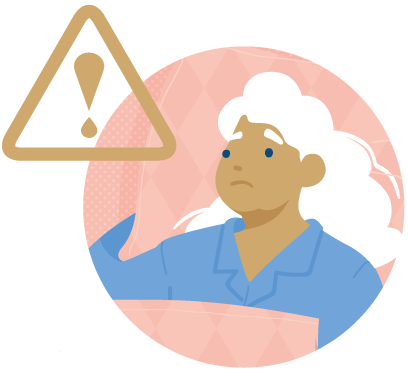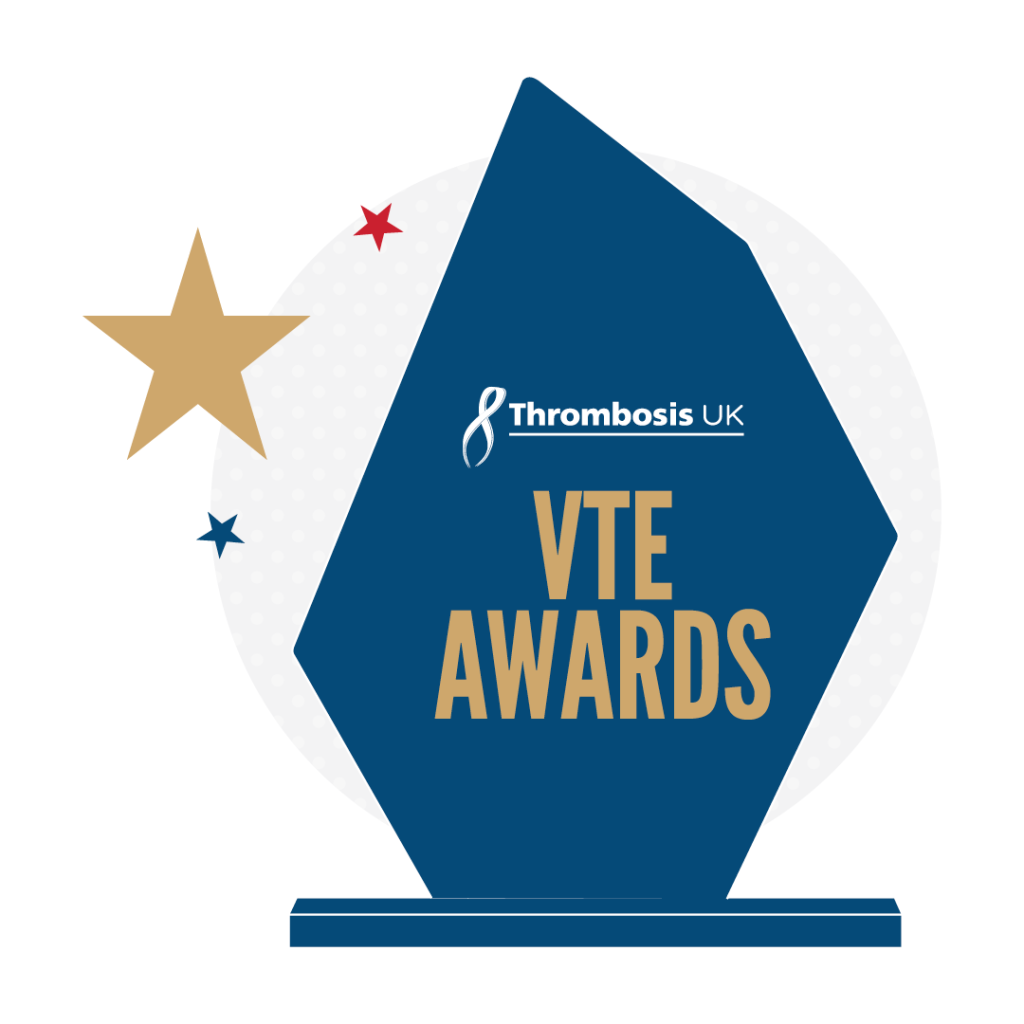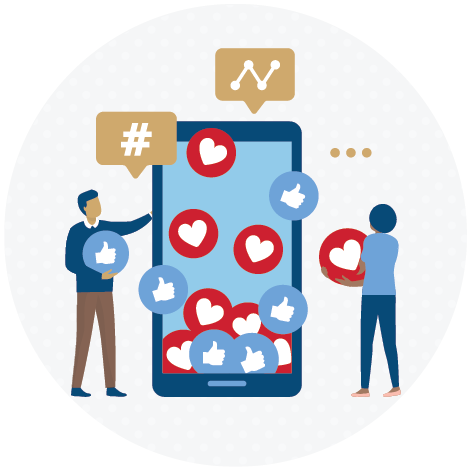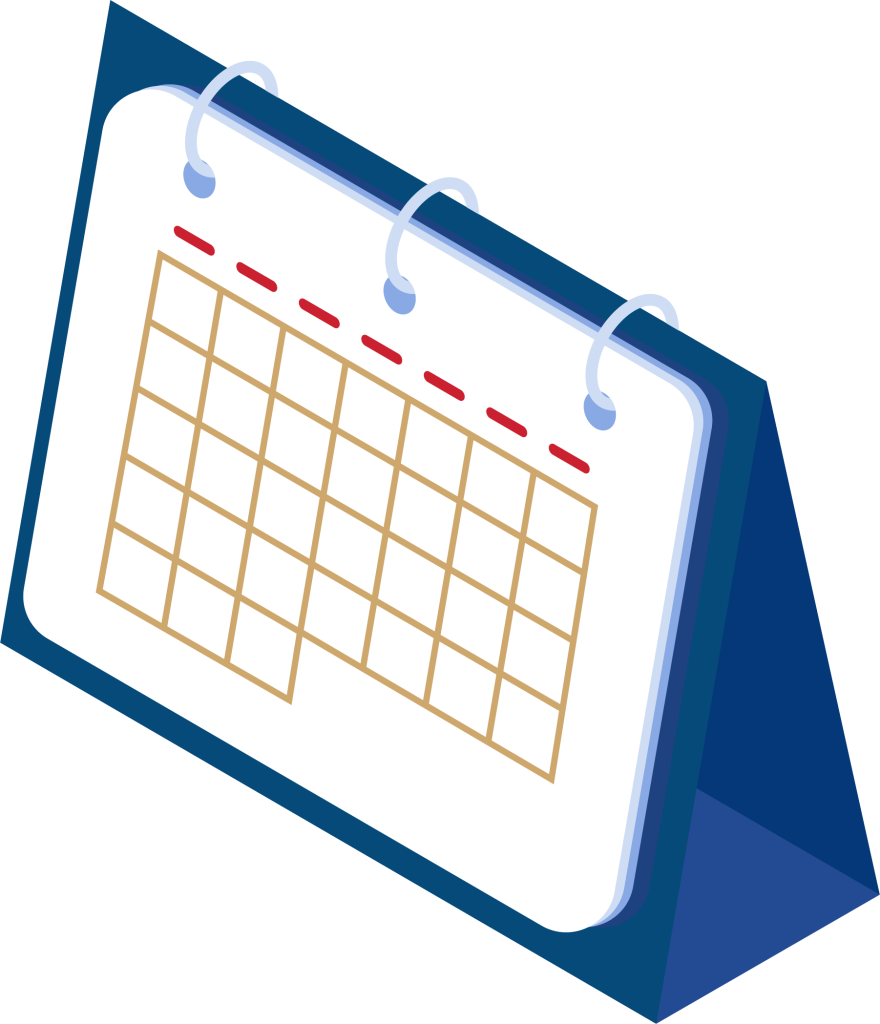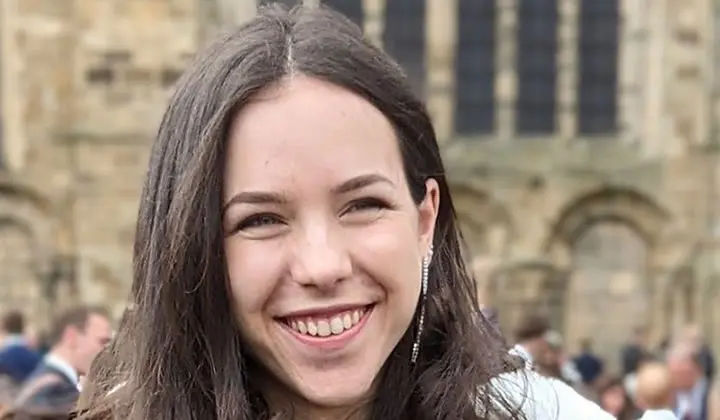Rachel has kindly shared her personal account of a pulmonary embolism to help reassure other young people who have experienced blood clots, and emphasise the importance of preventative exercises and early diagnosis.
I’m a 20-year-old student and had never really thought much about my health.
Until this year I knew absolutely nothing about blood clots. I’m a 20-year-old student and had never really thought much about my health. After dealing with some difficult hormonal symptoms, I trialled the progesterone only pill and then switched to the combined birth control pill in December 2021. I had no risk factors and was healthy, being an avid runner, amateur powerlifter, and all-round energetic person.
Unfortunately, I had a 12,000-word dissertation. I was spending long periods sitting in the library.
Unfortunately, I had a 12,000-word dissertation and plenty of other assessments to do, which meant I was spending long periods sitting in the library. Without thinking about the risks, I would spend several hours at a time sitting, letting myself get dehydrated and overly stressed. Though I had always worried about the dangerous side effects of the pill, I never really thought they would happen to me.
I started to experience shortness of breath. I assumed it was just caused by anxiety.
After two months of taking the combined pill I started to experience shortness of breath. It wasn’t severe, so I assumed it was just caused by anxiety about my academics. I had also started to experience nerve tingles in my leg when exercising, so took time away from my usual sports. The day after I submitted my dissertation, I woke up and the ache in my chest had skyrocketed to severe pain. I felt feverish, couldn’t breathe normally, and was struggling to keep myself calm; the pain was not like anything I had felt before, and I knew something was wrong.
I was dutifully fed some paracetamol and left the hospital.
I immediately called 111 and was directed to a minor injuries unit, where they listened to my chest and eventually dismissed me with a believed infection. I was dutifully fed some paracetamol and left the hospital with only a prescription in hand. I was already wary of the possibility of blood clots, but was assured that the likelihood of clots was incredibly low and therefore they would not run any scans.
By the next night, I could hardly draw small breaths .
By the next night, though, I could hardly draw small breaths without wincing in pain, and ended up calling 111 again before being redirected to A&E. My shoulder, back, chest and neck were aching constantly, and I was suffering with heart palpitations as well as sharp inhalation pains. After a few blood tests and scans, I was diagnosed with a pulmonary embolism and infection in the left lung. I was also tachycardic, meaning that my heart rate was abnormally high. As I hadn’t had any leg pain or swelling indicative of DVT this was a real shock, but luckily I was in good enough condition to go home on the same day.
I have openly struggled with health anxiety since.
Recovery was by no means easy, and I have openly struggled with health anxiety since. Having a blood clot is both a physical and mental stress, and what I’ve realised is that the world keeps turning: assessments kept coming, social engagements were still happening, and it was my choice to push myself to continue. Only a few weeks after the clot I attempted to go on a run again, and suffered crushing chest pain the next day.
I’m sure it will take much longer before I stop reliving the pain and fear that came with my PE.
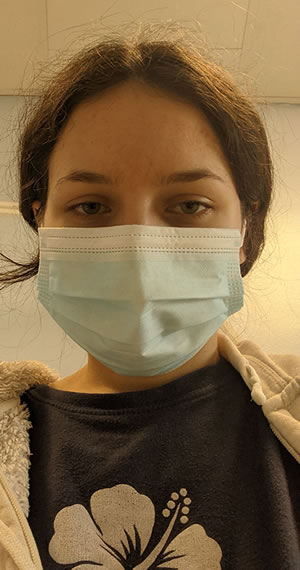 I tried to return to university to enjoy some of my final term, but soon realised that I was struggling to look after myself and returned home. The journey of recovery has been one of trials and setbacks, and I’m sure it will take much longer before I stop reliving the pain and fear that came with my PE.
I tried to return to university to enjoy some of my final term, but soon realised that I was struggling to look after myself and returned home. The journey of recovery has been one of trials and setbacks, and I’m sure it will take much longer before I stop reliving the pain and fear that came with my PE.
 With the help of online support groups and an amazing network of friends I have healed and now feel almost myself again. I have just finished my three-month course of blood thinners, and last week I graduated university with a First-Class degree. This experience is certainly one I would not one I want to relive, but I have learnt a huge amount about the vital causes, symptoms, and treatment of blood clots. I hope that by sharing my story I can reassure other young people who have experienced blood clots, and emphasise the importance of preventative exercises and e
With the help of online support groups and an amazing network of friends I have healed and now feel almost myself again. I have just finished my three-month course of blood thinners, and last week I graduated university with a First-Class degree. This experience is certainly one I would not one I want to relive, but I have learnt a huge amount about the vital causes, symptoms, and treatment of blood clots. I hope that by sharing my story I can reassure other young people who have experienced blood clots, and emphasise the importance of preventative exercises and e

